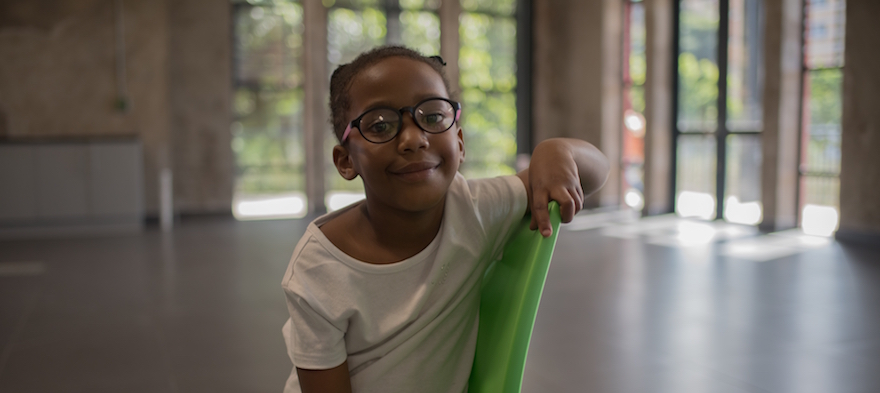
Dec 14, 2018 12:00:00 AM
by Kelisa Wing
Kelisa Wing is the author of "Weeds & Seeds: How To Stay Positive in the Midst of Life’s Storms" and "Promises and Possibilities: Dismantling the School to Prison Pipeline" (both available on Amazon). She also is a 2017 State Teacher of the year, speaker, teacher and activist for discipline reform. Kelisa holds a bachelor’s degree in English from the University of Maryland University College, a master of arts in secondary education and an educational specialist degree with a concentration in curriculum, instruction and educational leadership from the University of Phoenix. She is currently enrolled at Walden University in the doctor of education program. All views expressed are her own and do not reflect the views of any others.
Few issues in education spark more tension and debate than standardized testing. Are they a tool for equity or a burden on students? A necessary check on school systems or a flawed measure of...
Charter schools are public schools with a purpose. Operating independently from traditional school districts, they're tuition-free, open to all students, and publicly funded—but with more flexibility...
Despite the benefits of a diverse teaching force, prospective teachers of color fall out of our leaky preparation pipeline at every stage: preparation, hiring, induction, and retention. Here’s what...
Ed Post is the flagship website platform of brightbeam, a 501(c3) network of education activists and influencers demanding a better education and a brighter future for every child.
© 2020-2025 brightbeam. All rights reserved.
Leave a Comment